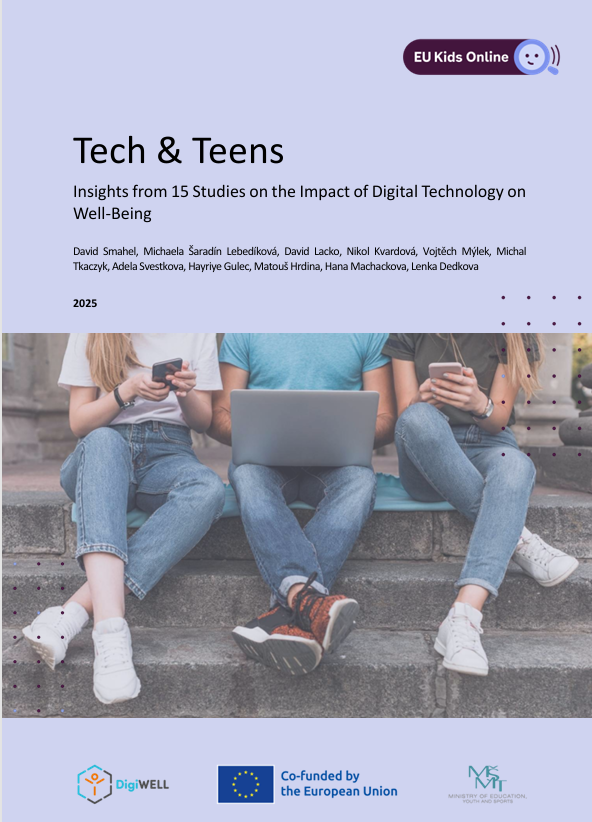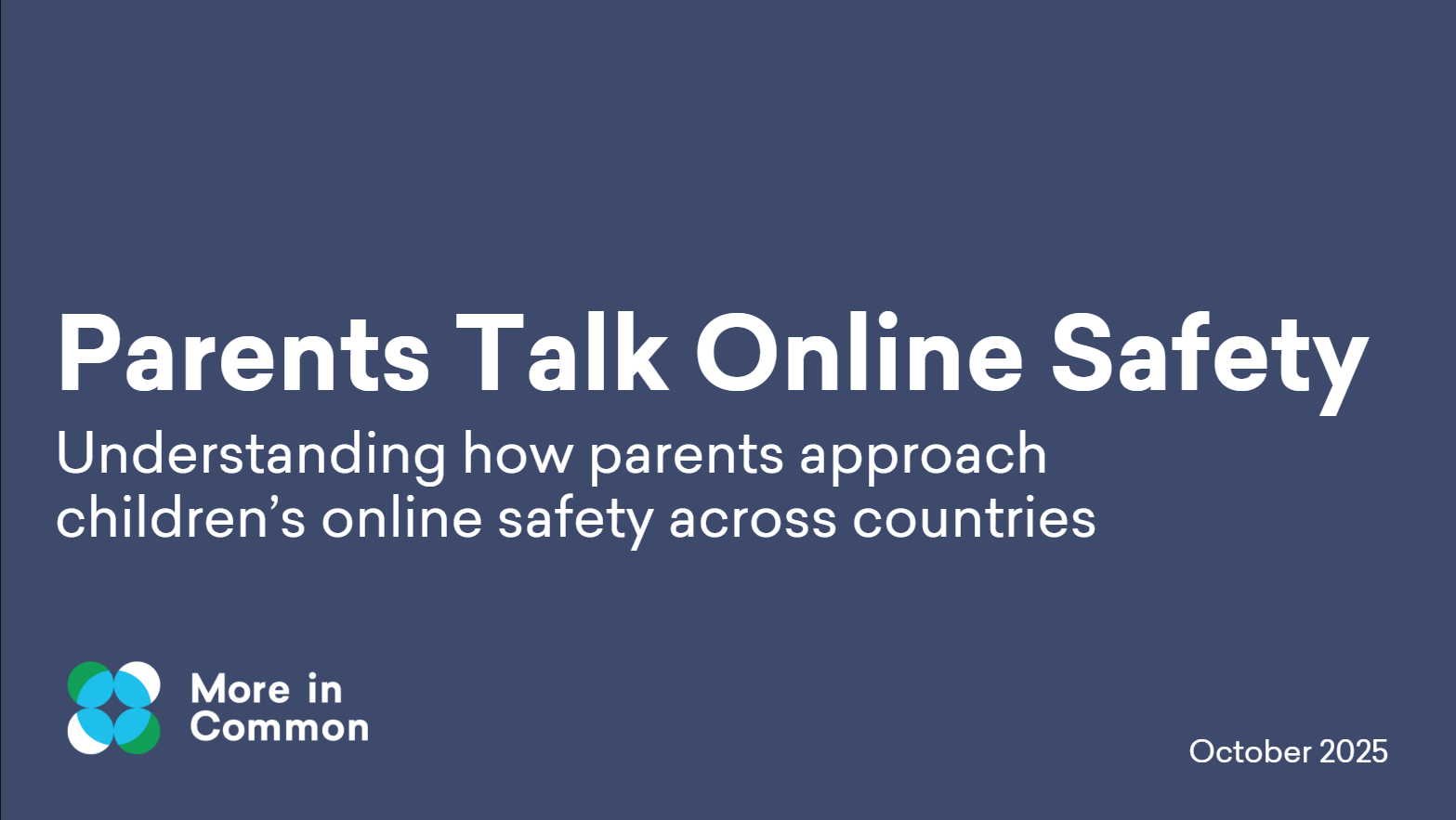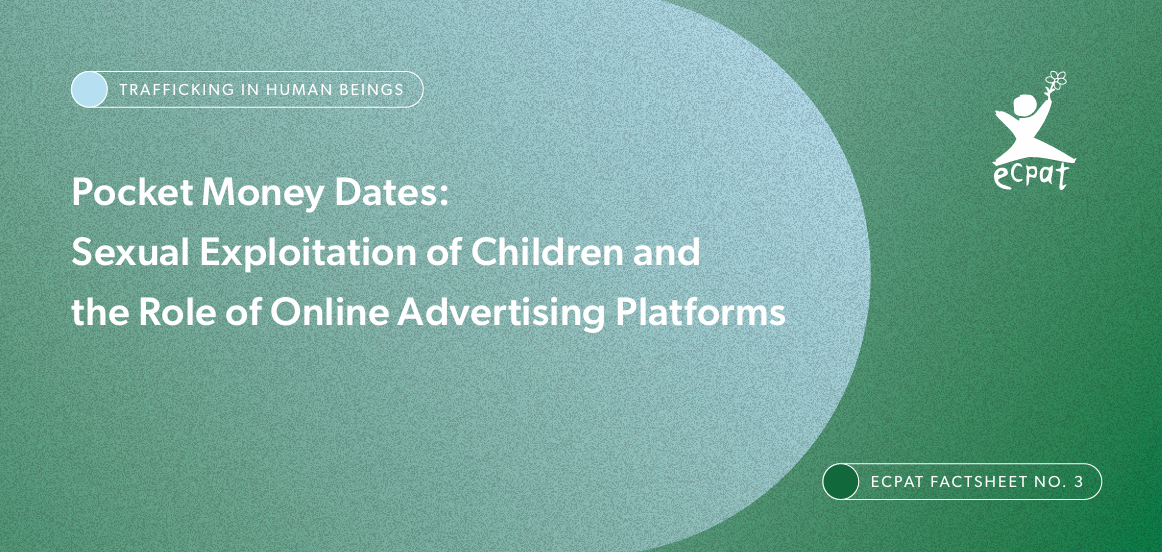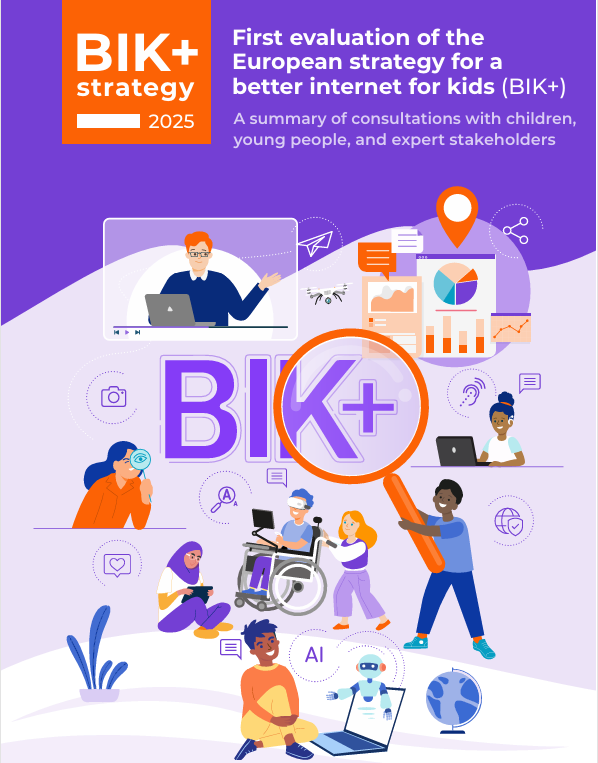- Intro
-
Focus
- Non-discrimination
- Best interests of the child
- Right to life
- Respect for the views of the child
- Evolving capacities
- Civil rights and freedoms
- Violence against children
- Family environment and alternative care
- Children with disabilities
- Health and welfare
- Education, leisure and cultural activities
- Special Protection
- Background
- Project








![[Translate to Englisch:] Ansicht: Estimates of childhood exposure to online sexual harms and their risk factors](/fileadmin/_processed_/2/3/csm_9252_9252_15a6a99764.jpg)
![[Translate to Englisch:] Ansicht: Why Children Are Unsafe In Cyberspace](/fileadmin/_processed_/6/6/csm_9391_9391_c522f02ed0.jpg)
![[Translate to Englisch:] Ansicht: VOICE: Perspektiven von Kindern und Erziehenden auf Online-Sicherheit](/fileadmin/_processed_/8/9/csm_9411_9411_5313e851a0.jpg)